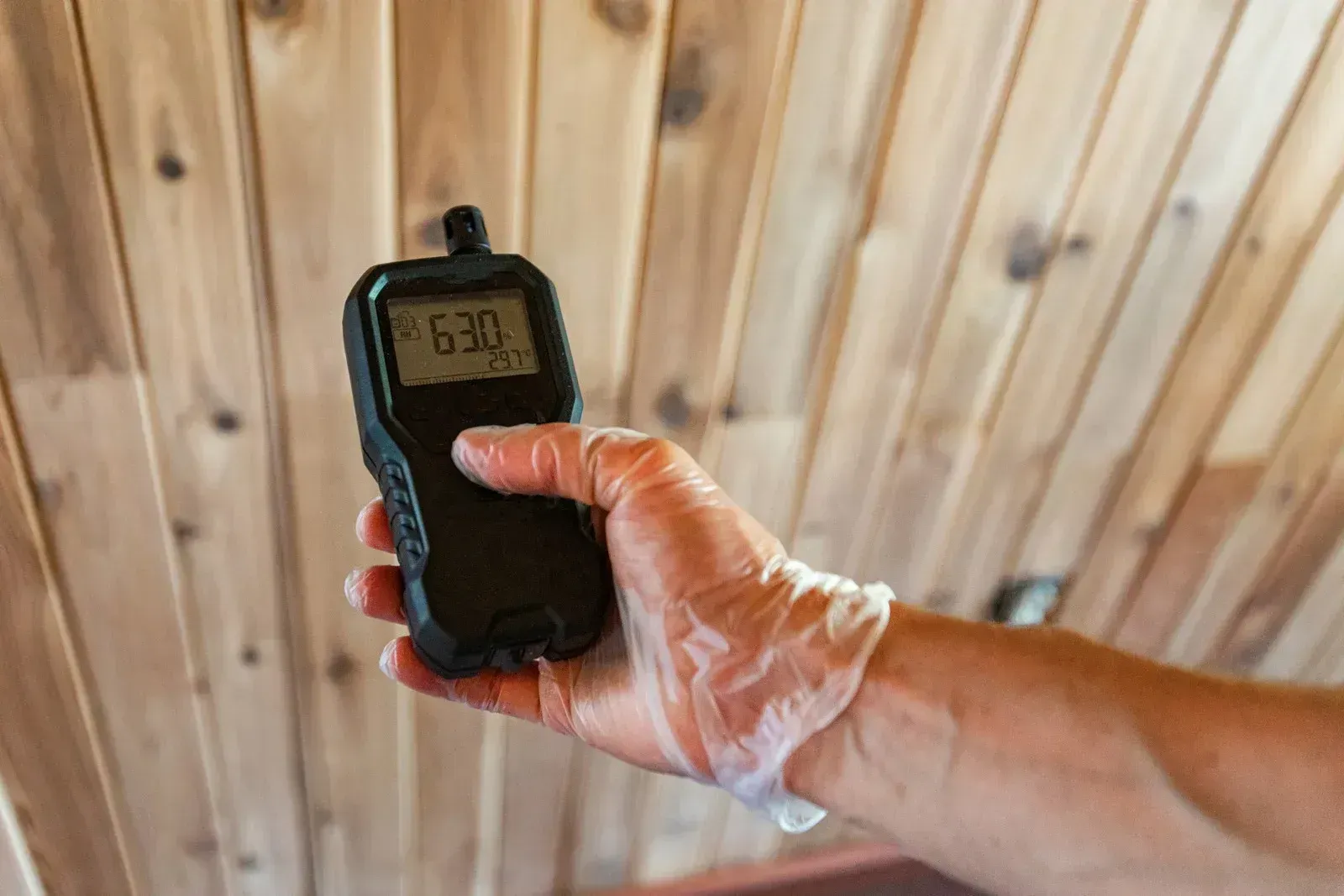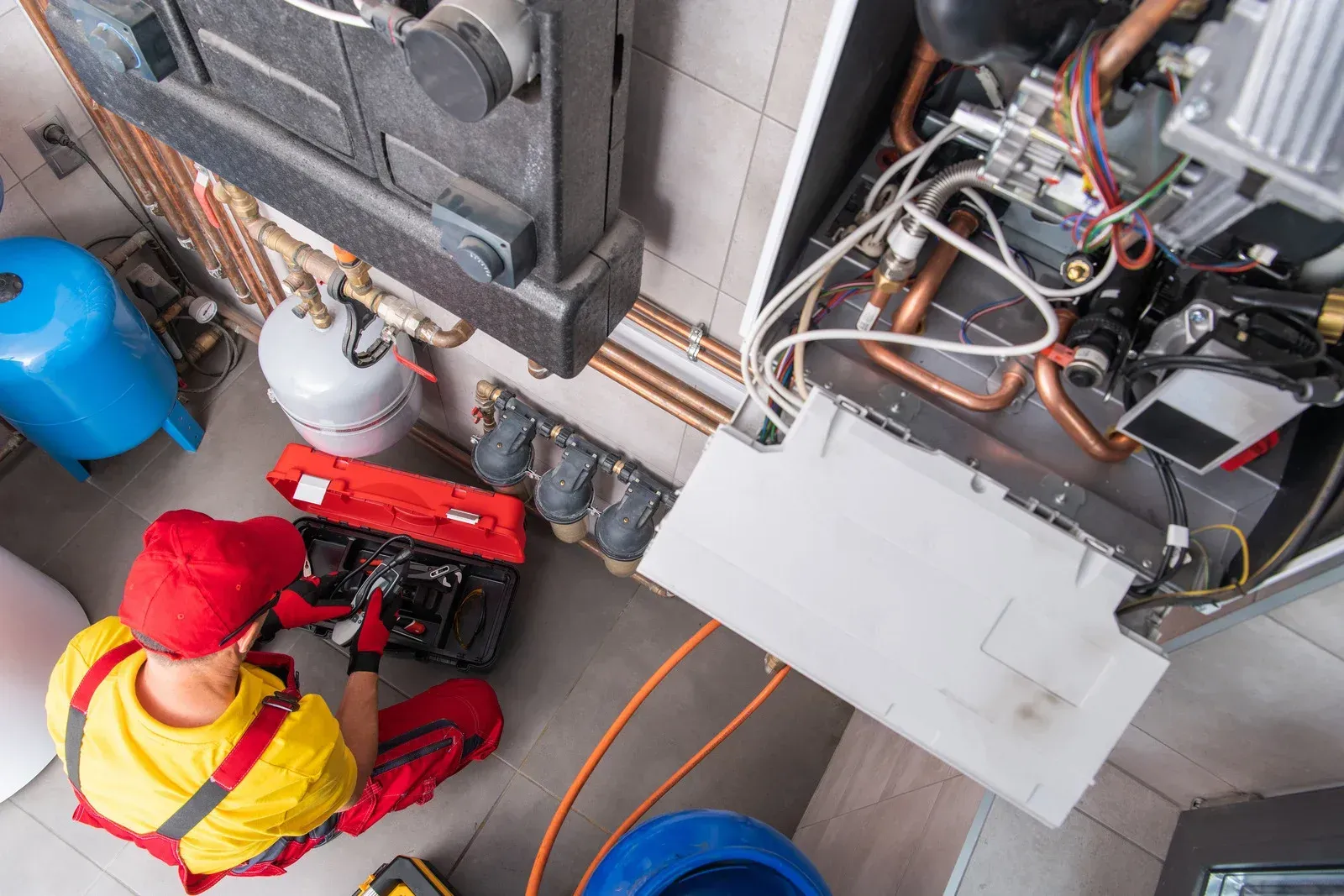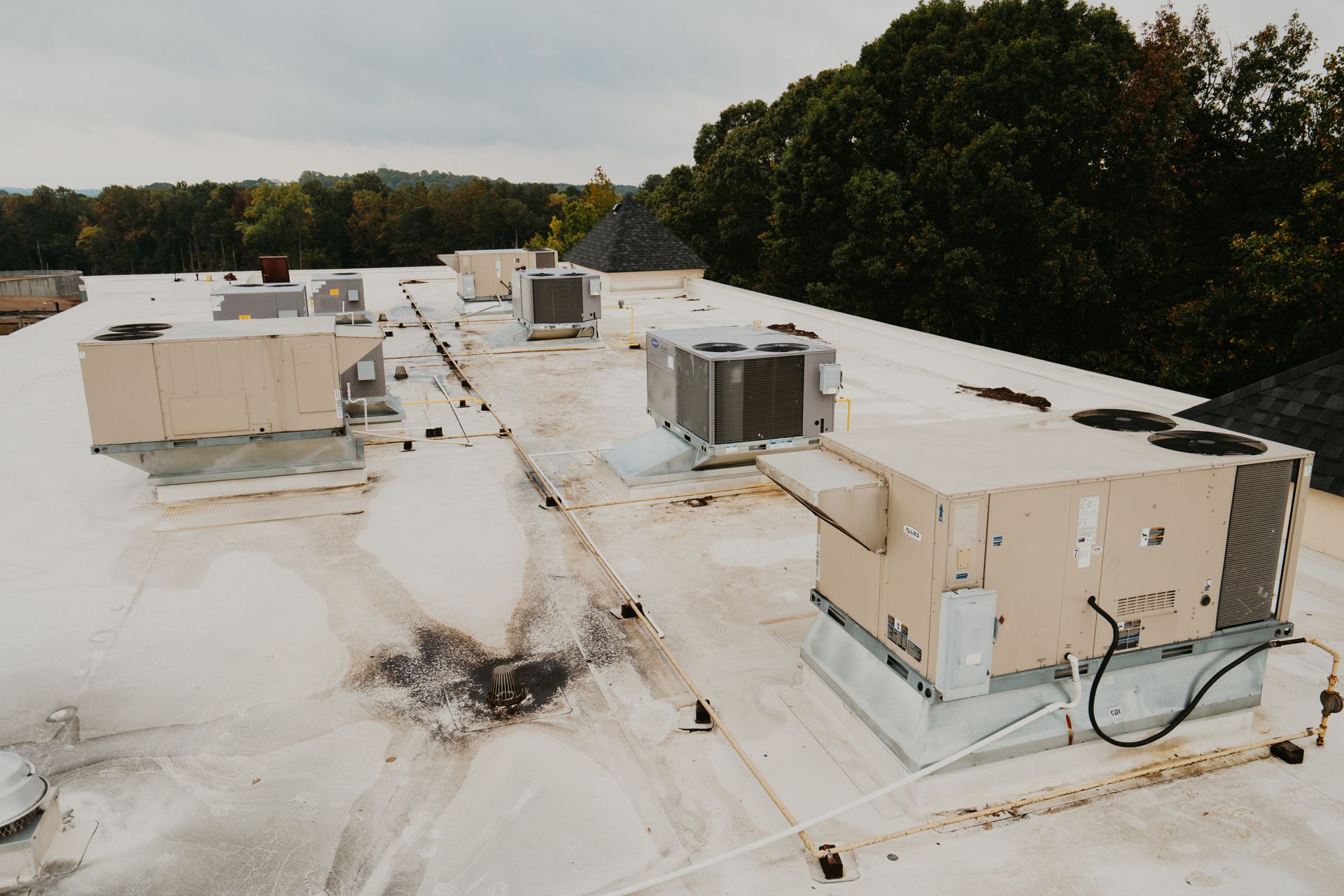How to Improve Indoor Air Quality with Your HVAC System
June 6, 2025

Indoor air quality (IAQ) plays a significant role in your comfort, health, and overall well-being. From allergens and dust to humidity and ventilation, many factors affect the quality of the air inside your home. Fortunately, your HVAC system can do more than just heat and cool—it can be an effective tool in managing indoor air pollutants. With strategic upgrades and routine maintenance, your HVAC setup can significantly reduce airborne contaminants, control humidity, and promote healthier living spaces. This guide outlines how to optimize your system to enhance air quality and create a cleaner, safer environment for your family.
1. Upgrade to High-Efficiency Air Filters
One of the simplest and most effective ways to improve indoor air quality is by upgrading your HVAC filters. Standard filters may trap large particles like dust and lint, but they often miss finer particles such as pollen, mold spores, and pet dander.
Consider switching to high-efficiency particulate air (HEPA) filters or filters with a higher MERV (Minimum Efficiency Reporting Value) rating. These options can capture much smaller pollutants, significantly reducing the number of allergens circulating in your home. Be sure to check with your HVAC professional to ensure your system supports these filters.
2. Regular Maintenance and Duct Cleaning
Over time, dust, mold, and debris can accumulate in your HVAC system and ductwork. When air circulates through dirty ducts, these contaminants can be distributed throughout your home, worsening air quality and triggering allergy symptoms.
Scheduling regular HVAC maintenance and professional duct cleaning not only helps your system run more efficiently but also prevents the recirculation of harmful particles. Clean ducts and components contribute to a fresher, healthier indoor environment.
3. Install Whole-Home Air Purifiers
While filters play a crucial role, air purifiers can take your indoor air quality to the next level. These systems are integrated into your existing HVAC setup and work continuously to neutralize airborne contaminants.
Many whole-home air purifiers use advanced technologies like UV light or ionization to destroy bacteria, viruses, and volatile organic compounds (VOCs). Investing in an air purification system provides added protection and peace of mind, especially for households with allergy sufferers, pets, or respiratory sensitivities.
4. Manage Humidity with HVAC Add-Ons
Excess humidity can encourage mold growth and dust mite activity, while low humidity may cause respiratory discomfort and dry skin. Maintaining balanced indoor humidity levels—ideally between 30% and 50%—is key to supporting better air quality.
Your HVAC contractor can recommend solutions like whole-home dehumidifiers or humidifiers that integrate with your system to maintain optimal humidity year-round. This control not only improves air quality but also enhances overall comfort.
Breathe Clean with a Reliable HVAC Partner
Optimizing your HVAC system for better indoor air quality is a smart investment in your health and home. From filtration upgrades to humidity control, each enhancement makes a meaningful difference in how you live and breathe every day.
With 15 years of experience, Georgia Air Control, LLC in Gainesville, Georgia, specializes in indoor air quality solutions, HVAC system upgrades, and professional maintenance services. We’re committed to helping you breathe easier with customized solutions tailored to your comfort and safety.





